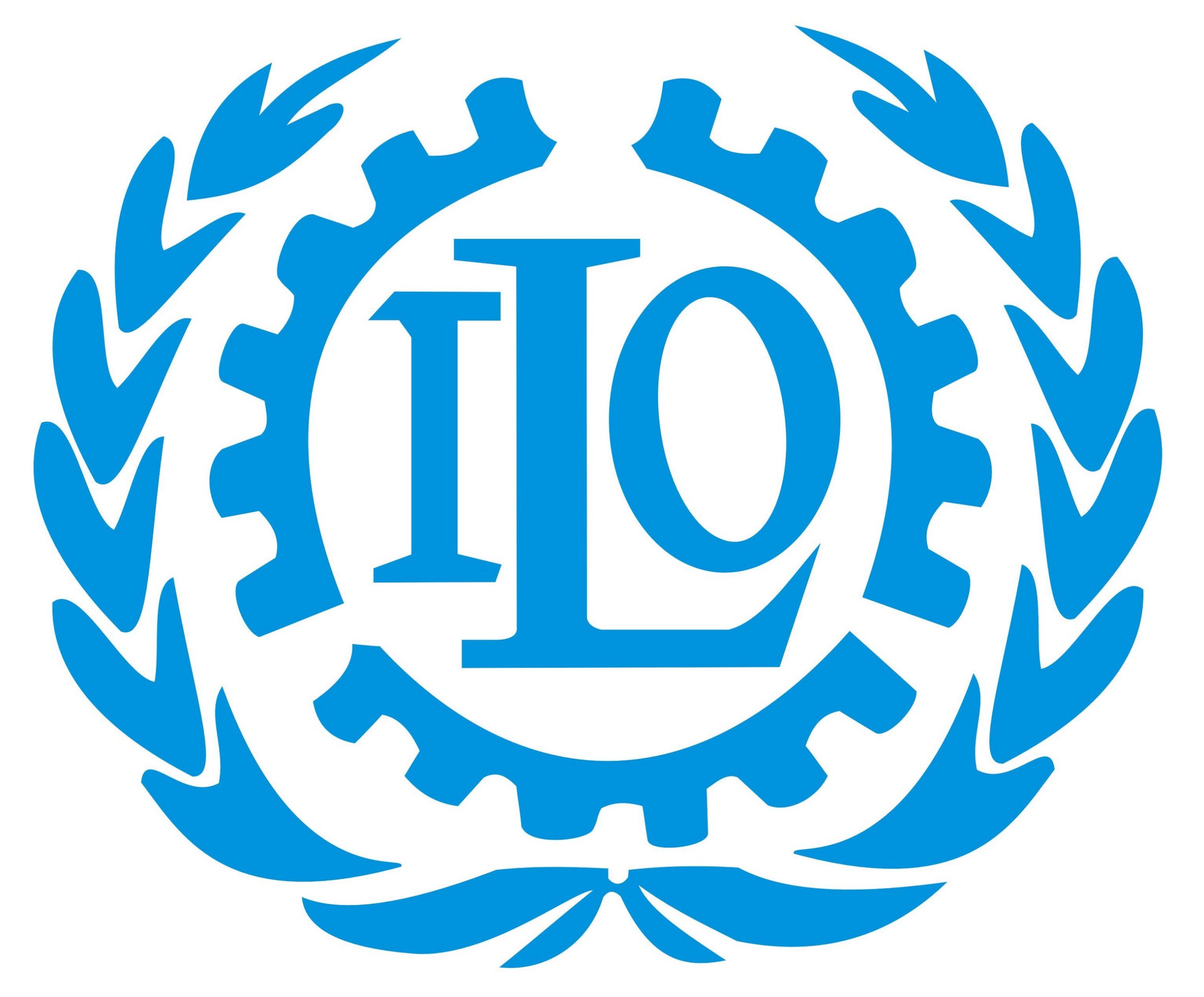

The Nigeria Communication Commission (NCC) has stressed the importance of multidimensional collaboration in enhancing the country’s payment system.
The Vice Chairman of NCC, Prof Umar Danbatta, said this at the 2023 annual conference of the Finance Correspondent Association of Nigeria (FICAN) with the theme “Strengthening Digital Infrastructure for Efficient Innovative Payment System in Nigeria, held on Saturday in Lagos.
The NCC boss, who was represented by a Deputy Director at the commission, Engr Anthony Ikemefuna, noted, “Strengthening digital infrastructure for efficient and innovative payment systems in Nigeria is a long-term endeavor that requires collaboration, investment, and adaptability. By addressing these strategies comprehensively and proactively, Nigeria can build a robust and inclusive digital payment ecosystem that benefits its citizens and drives economic growth.”
He stressed the need to improve collaborative efforts between the NCC and financial regulators such as the CBN, to enable proper coordination of policies and regulations related to digital payments and telecommunications.
According to Danbatta, this will ensure that the regulatory environment is conducive for innovation and growth.
He further stressed the need to encourage partnerships between financial institutions, telecom operators, and fintech companies to develop and deliver innovative digital payment solutions.
He added that the country needed to leverage the expertise and resources of the private sector to expand and improve digital infrastructure.
“The government should take a leading role in promoting digital payments by setting a clear vision and providing support.
“Implement e-government initiatives to promote digital payments for public services and benefits distribution,” Danbatta asserted.
He called on telecom operators to support financial inclusion initiatives by partnering with banks and fintech companies to offer mobile banking and payment services to unbanked and under-banked populations.
Meanwhile, the Head, Digital Banking, United Bank for Africa, Mr Olukayode Olubiyi, argued that inadequate infrastructure posed one of the greatest challenges to Nigeria’s electronic payment.
He added that dearth of operational and telecommunications facilities, as well as unstable power supply had slowed down the growth of electronic payment in the country.
In the same vein, the Head of Digital Banking at the United Bank for Africa, Mr Olukayode Olubiyi, harped on the need for collaboration among stakeholders, including financial institutions, fintech companies, government entities, and regulatory bodies, plays a pivotal role in ensuring the success of innovative solutions.
“Ultimately, it comes down to policy, regulation, and collaboration. If parties are willing to collaborate, many of the frictions currently experienced in the Nigeria financial service sector can be mitigated,” Olubiyi opined.
He mentioned that many e-payment systems depend on stable power sources and robust IT infrastructure, such as laptops, mobile phones, POS terminals, and dependable internet connectivity.
“During the period of cash scarcity earlier this year, banks faced unprecedented e-payment failures, prompting the urgent need for technological infrastructure upgrades,” he noted.
According to Olubiyi, the failure of e-payment channels on such a scale compelled customers to wait for banks’ networks to stabilise before completing their transactions.
According to him, the challenge of failed transactions in Nigeria’s payment systems necessitates a collaborative effort among industry stakeholders and the implementation of appropriate policies and regulations.
“An increased collaboration among the Central Bank, Telcos, the commercial banks and FinTech to expand internet connectivity and seamless electronic transfers across the country.
“A uniformity in banking applications across the industry could significantly reduce the occurrence of failed or delayed payments,” he added.
Olubiyi also stated that that would require robust technology, stringent security measures, and seamless integration with various payment platforms and financial institutions.
“To combat fraud, it is imperative for the government, private sector organisations, and international partners to engage in strong and cohesive collaboration. Sharing intelligence and pooling resources will significantly contribute to the fight against cybercrime.
“Furthermore, this collaboration can extend to investments in cybersecurity infrastructure, including cybersecurity training facilities, incident response centers, and cybersecurity research and development centres,” he reasoned.
Meanwhile, speaking earlier, the Chairman of FICAN, Chima Nwokoji noted that the challenges witnessed in the country’s payment system during the cash scarcity provided a window of opportunity for the banking system to be proactive and inventive.
This, he said, would enable them to reap the benefits provided by electronic payments.
“As banks and fintechs are expanding their financial services portfolios to capture the unbanked and semi-banked, they should not only be expanding their digital infrastructure, but also making it more sophisticated to ensure seamless transaction and safety of funds.
“In its ‘Nigeria Development Update (JUNE 2023) the World Bank pointed out that Nigeria’s digital and financial infrastructure is inadequate to support a swift transition to a cashless economy.
He quoted the multilateral as saying, “The lack of adequate digital and financial infrastructure and processes to support a swift transition to a cashless economy— coupled with the fact that only 40 per cent of adults have a bank account—further exacerbated the situation. The cash shortage resulted in a black market for new notes, inflating overall transaction costs.”




